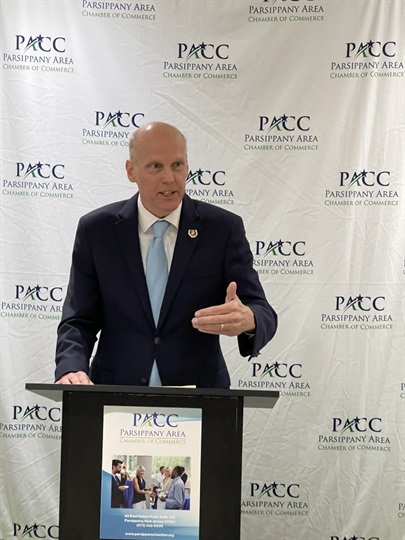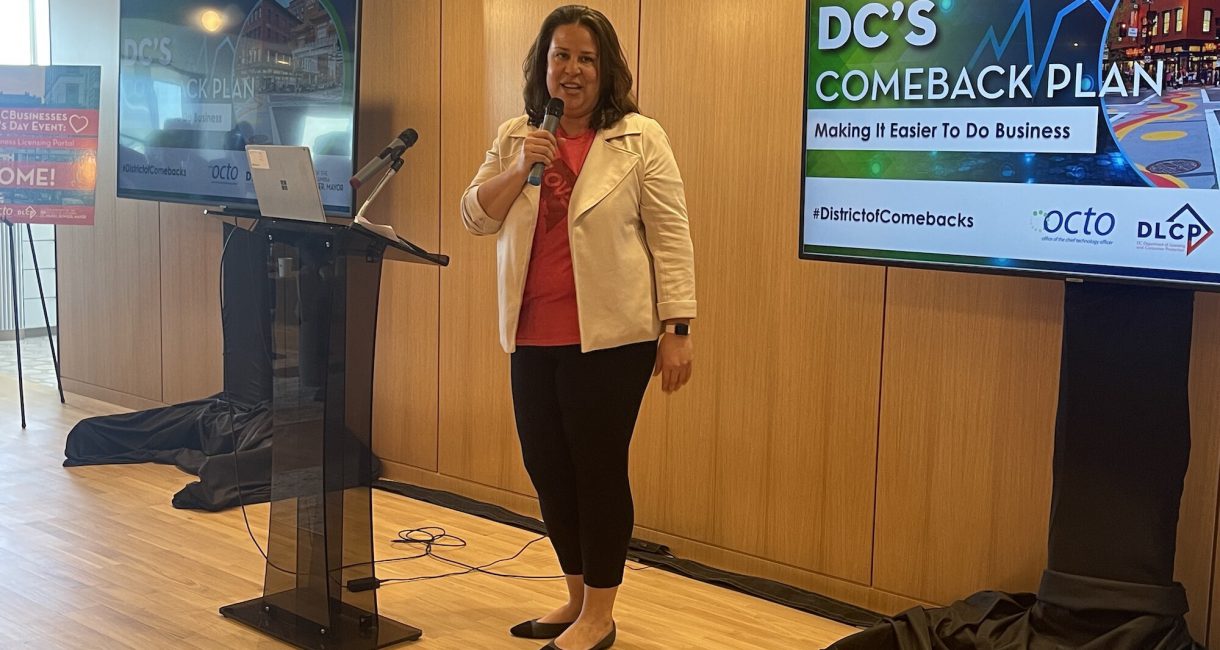Facing a need to create more human-centered workplaces that are structured around a culture of care, belonging & inclusion, more organizations are emphasizing diversity and justice initiatives There is no doubt that businesses has become more human-centered since 2020, driven by the restrictions of the pandemic and the increasing diversity of Generations Z and Y. In addition, another multiplier-effect has been the shift in views of capitalism that are urging a focus on the needs of stakeholders — employees, customers, investors, suppliers, and the local communities in which companies operate — rather than just shareholders. Similarly, the greater priority on the well-being of employees stemming from the pandemic is influencing how the cultures of organizations are perceived by employees. Indeed, these employees themselves, often from a wider array of backgrounds, increasingly have varying preferences in where and when they work. Clearly, employees’ expectations are changing faster than are company cultures, which now must play catch up to meet them. This dynamic fosters a need to create more human-centered workplaces that are structured around a culture of care, respect, belonging, and inclusion. Building cultures of inclusion The difficulty in trying to move a company’s culture to meet these needs while […]
Click here to view original web page at www.thomsonreuters.com










